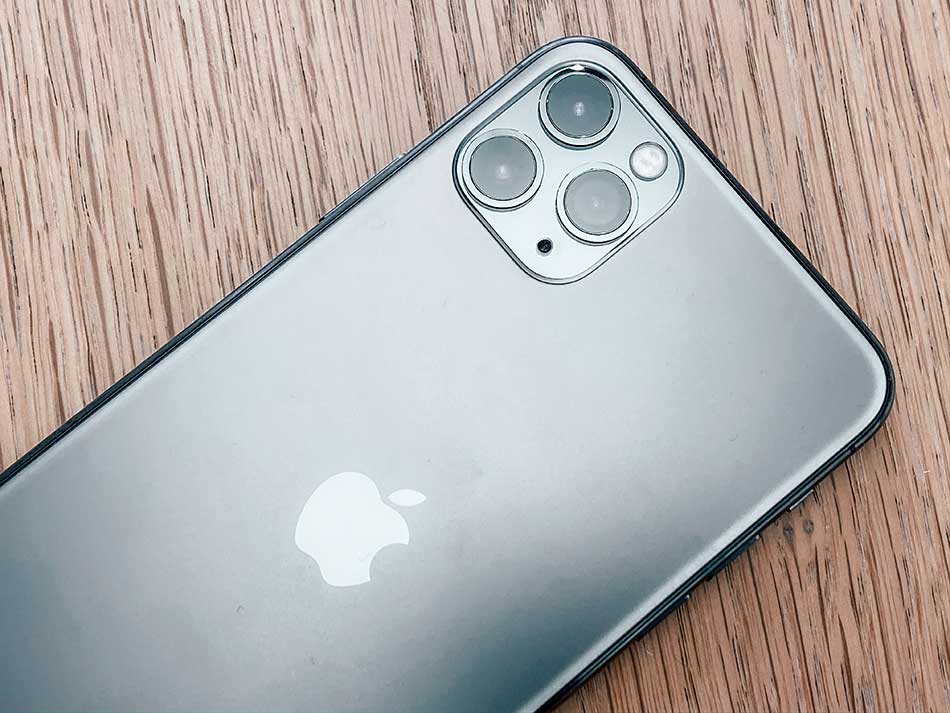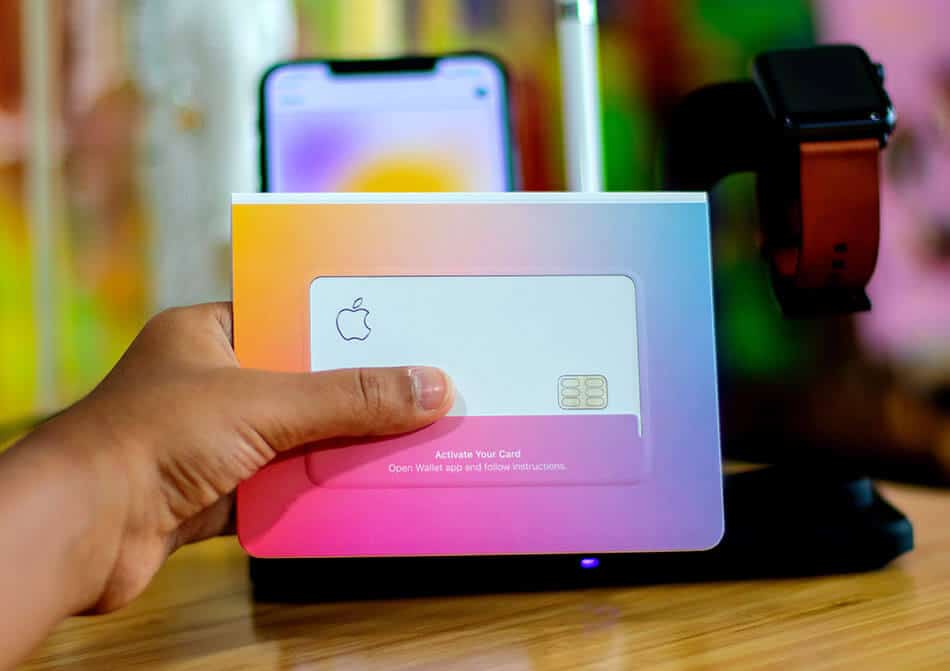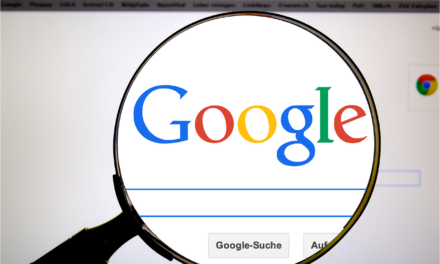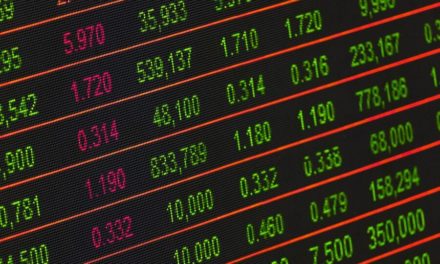The newest iteration of Apple’s signature iPhone and several other products were formally revealed to the world at a special event held last September 7th at the company’s headquarters in Cupertino, CA – and market watchers were surprised to learn that they’ll be offered at the same price as the products launched last year.
The decision regarding product pricing flies in the face of analysts’ forecasts that Apple would jack prices up by as much as 15% to offset the increased cost of several product components.
Standard pricing for the iPhone 14 has been set at $799, while the deluxe iPhone Pro Max is priced at $1,099. While base prices in North America have not changed since the launch of the iPhone’s previous iteration, it is expected that prices will be higher for basic models elsewhere in the world, as well as for upgraded editions.
At the same time, the Apple Watch Series 8 – the newest edition of the Apple Watch – has been priced at around $399. The more technologically advanced Watch Ultra, on the other hand, will retail at $799 per unit.
People Still Love Apple
But while iPhones are still selling better than most of their Android-driven competitors, exorbitant inflation rates have curbed consumers’ tech lust, so to speak, hence a recent decline in smartphone sales across the globe.
However, Apple’s decision to keep iPhone prices down at the same level as they were last year is not without potential repercussions. The company may undermine its profits if inflation drives up the cost of production, though the company can easily afford to cover the additional costs. In the first half of this year, Apple has already earned $44 billion in profits.
Likewise, the company could also boost its bottom line if more customers opt to buy the more expensive Pro and Pro Max iPhones instead of merely upgrading their existing mobile devices. This is expected to deliver a greater profit margin than less expensive models. Apple also expects that more people will be willing to pay up to $300 more for deluxe editions of the latest iPhone.
Although Apple products are among the most expensive in the mobile telecommunications sector, consumers are still buying new models or upgrading from previous versions. As of June 30th, the company has already sold approximately 106 million iPhones, 8% more than the figure registered at the same time last year.














